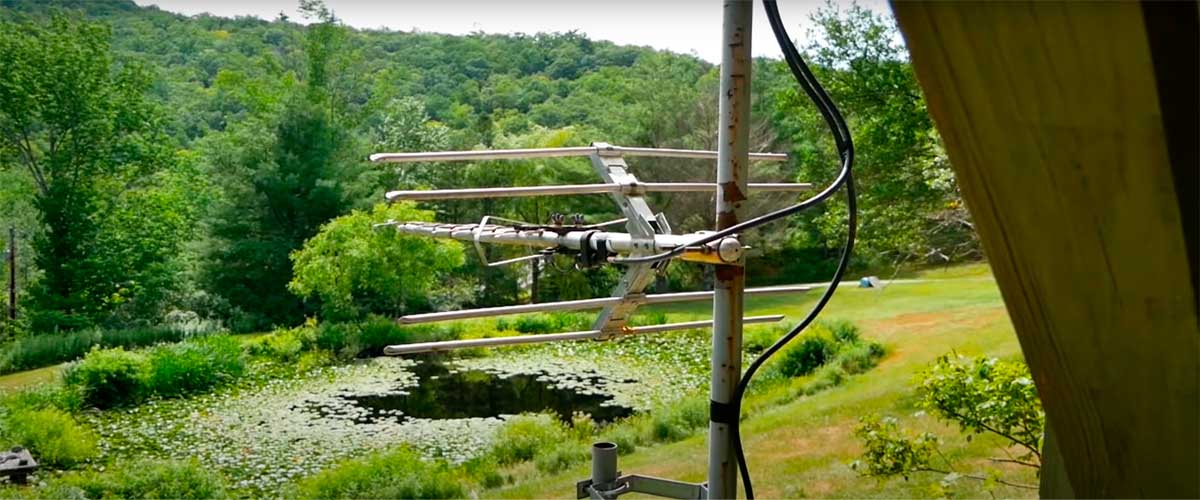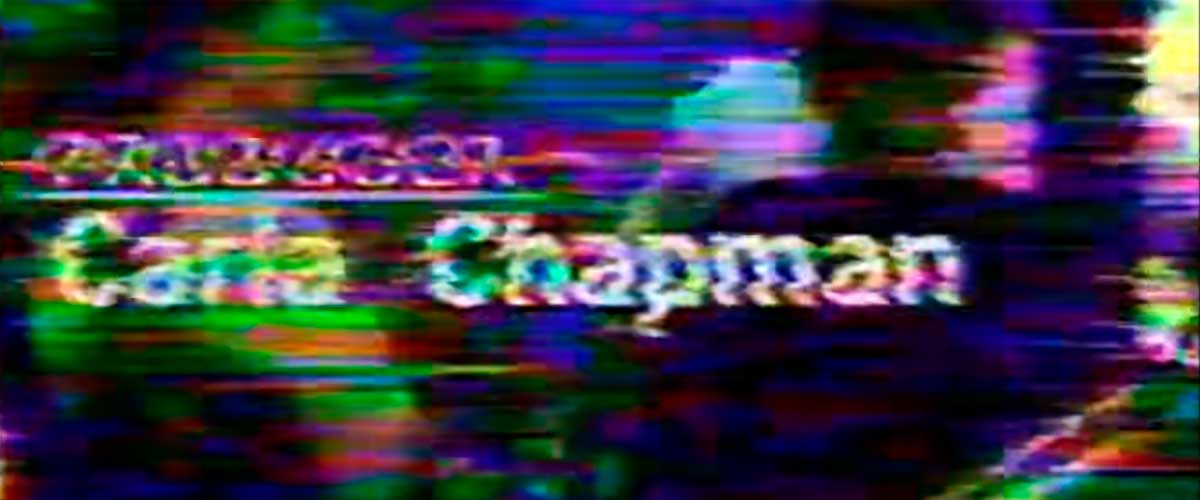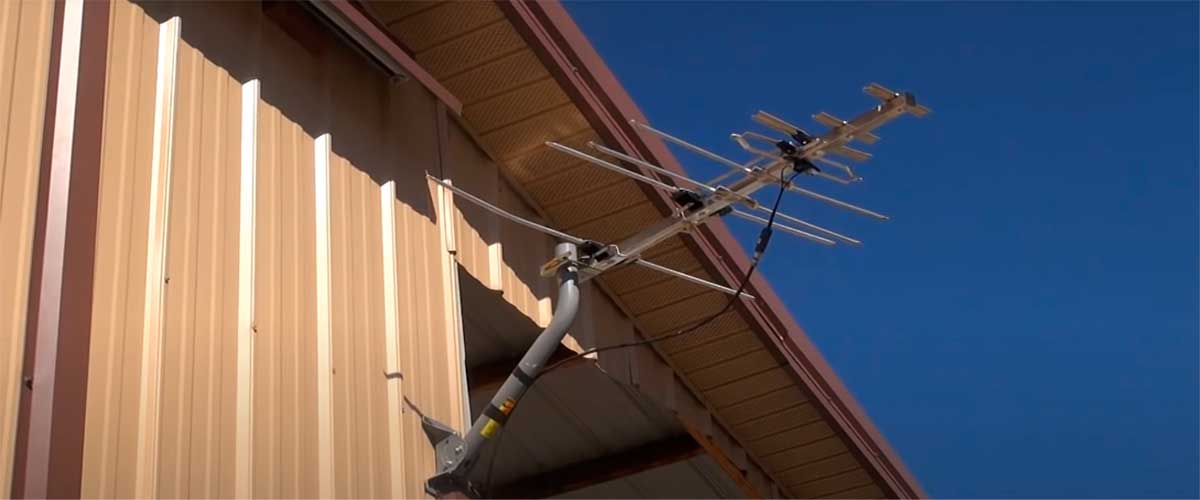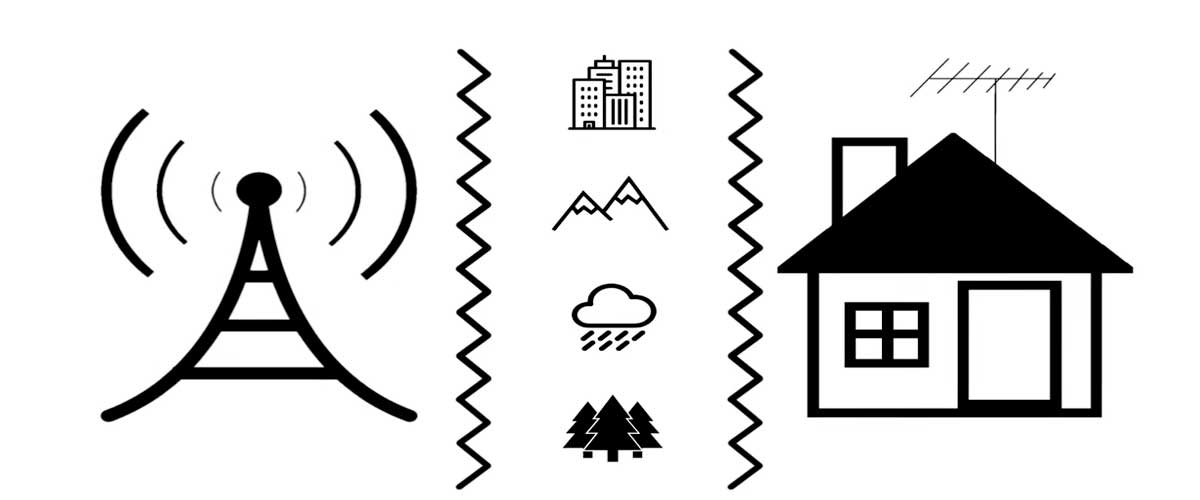TV signals are known to be reliable and consistent. You can usually depend on them to work when you need them, whether that’s for watching your favorite show or accessing important news alerts. However, some people have been claiming that trees are causing interference with TV signals. So, what’s the truth? Do trees really affect TV signals? Let’s take a closer look at this topic to find out.
What are the most common types of trees that can block TV signals?
There are several different types of trees that can interfere with TV signals, but the most common ones are pine trees, fir trees, and cedar trees. Pine and fir trees are the most common because they grow tall and straight, which means that their branches can bloque line-of-sight between the TV antenna and the broadcast tower. Cedar trees are also common because they have a lot of leaves and needles, which can act as a barrier to the signal.
Other types of trees that can sometimes interfere with TV signals are oak trees, maple trees, and elm trees. These trees are not as common because they do not grow as tall or have as many leaves, but they can still block the signal if they are in the way.
Is there a type of tree that won’t interfere with TV signals?
The short answer is no, there are no trees that don’t interfere with TV signals. However, the type of tree and its location can affect the severity of the interference. For example, deciduous trees (trees that lose their leaves in winter) tend to cause less interference than evergreen trees because their leaves are not as dense. Additionally, trees that are closer to your TV antenna will cause more interference than those that are further away.

How do you know if a tree is interfering with your TV signal reception?
One common way to tell if trees are interfering with your TV signal is by looking at the quality of your picture. If you notice that your picture has become fuzzy or pixelated, it could be a sign that tree leaves are blocking the line of sight between your antenna and the broadcast tower.
Another way to tell if trees are interfering with TV signals is by the strength of your signal. If you find that you frequently have to adjust the antenna or move it around to get a clear picture, it could be because trees are interfering with the signal.
Why do trees block satellite signals?
The most common reason why trees block satellite signals is because the leaves of the tree absorb the signal. The branches of the tree can also act as a barrier, preventing the signal from reaching your TV. In some cases, even the trunk of the tree can block the signal.
There are a few other reasons why trees might interfere with your TV signal, but the most common reason is because of the leaves. If you have a tree with a lot of leaves, it’s likely that it’s interfering with your TV signal.
Satellite Dishes Need Line of Sight
One of the most important things to understand about satellite TV is that the dish needs a line of sight to the satellite. This means that trees, buildings, and other obstacles can block the signal. If you live in a rural area with a lot of trees, you may have trouble getting a good signal.

Trees Grow and Change
Trees are constantly growing and changing. As they grow, their branches can spread out and interfere with TV signals. Additionally, the leaves of trees can act as a barrier to TV signals.
Trees Can Move In Winds or Gales
If you live in an area with high winds, the trees around your property can move and interfere with your TV signal. Even if the tree isn’t actually touching your TV aerial, the movement can cause enough of a disruption to affect your reception. If you’re having trouble with interference from trees, it’s worth considering investing in a more robust aerial.
Wet Trees Can Earth Signals
One of the most common questions we get asked is whether or not wet trees can earth signals. The answer is yes, they definitely can. In fact, this is one of the most common reasons why people experience problems with their TV signal. Wet leaves on trees can act as a conductor for electrical signals, which can disrupt your TV signal.
Trees lose their leaves in the fall
TV reception is often worse in the late summer and early fall because trees are losing their leaves. Leaves that have fallen off trees can also affect your TV reception. If you live in an area with lots of trees, you may want to consider trimming them back or removing them altogether.

If there is a problem, what can you do to fix it?
Move Your Satellite Dish
If you have a satellite dish, you may be able to adjust its position so that it’s not pointing directly at the tree. This will require some trial and error, but it’s worth a try. If you’re able to get a clear signal after moving your dish, then great! If not, don’t worry, there are other options.
Re-Align Aerial To New Transmitter To Avoid Trees
One of the best ways to avoid trees interfering with your TV signal is to re-align your aerial to the new transmitter. This will ensure that your aerial is pointing in the right direction and picking up the strongest possible signal. If you live in an area with a lot of trees, this may not be possible, but it’s worth a try if you can.
There are a few things you need to bear in mind when doing this:
- The new transmitter may be some distance away, so you’ll need an aerial that can reach it.
- If the tree is between your house and the transmitter, then re-aligning your aerial won’t help.
- You’ll need to be able to access your roof (or wherever your aerial is located) in order to do this.
Swap TV Aerial For Satellite Dish or Vice Versa
You can swap out your TV aerial for a satellite dish, or vice versa. Satellite dishes are less likely to be affected by foliage, so you’ll still be able to get a clear signal.
There are a few things to keep in mind if you decide to go with a satellite dish, though. First, they need to be installed on a stable surface, so you’ll either need to mount it on your roof or find another spot that’s out of the way. Second, satellite dishes can be expensive, so it’s important to do your research and find one that’s within your budget.
Use On Demand Internet Services
If you want to keep your TV signal strong, it’s important that you only use on demand internet services. This means that you won’t be able to stream live TV or movies from Netflix, Hulu, or any other service. On demand internet services are much less likely to interfere with your TV signal.
Another tip is to keep your on demand services updated. This will ensure that you have the most recent and strongest signal possible.
Prune The Trees
The first step is to prune the trees. If you have a lot of trees, you may need to hire a tree service to do this for you. Pruning the trees will help to clear the way for the TV signal.

What if a neighbour’s tree is blocking my TV signal?
If a neighbour’s tree is blocking your TV signal, you can try contacting them and asking if they would be willing to trim their tree. If they are not willing to do so, you may be able to install a taller TV antenna to get better reception.
Will a signal amplifier or larger satellite dish improve my signal?
The answer to this question is: maybe. If your TV signal is being blocked by trees, a larger satellite dish or amplifier may help to overcome the interference. However, it is important to note that these devices will not be able to completely eliminate the interference. In some cases, they may even make the interference worse.
Ways to improve TV signal reception without spending too much money?
One option is to buy a TV antenna with a longer range. Another option is to install a signal amplifier or booster. If you live in an area with weak TV signals, these devices can be a godsend. Finally, you can also try repositioning your TV antenna. Sometimes, moving it just a few inches can make all the difference in the world.
Conclusion
Trees can definitely interfere with TV signals. If you are having trouble with your TV signal, it is worth investigating whether or not there are any trees in the way. However, in most cases, a signal amplifier or larger satellite dish will not be able to completely eliminate the interference. If you are considering using one of these devices, it is important to do your research and make sure that you purchase a quality product. With a little bit of effort, you should be able to find a solution that works for you.
